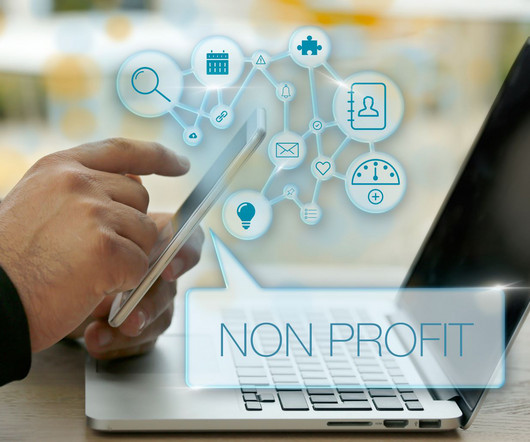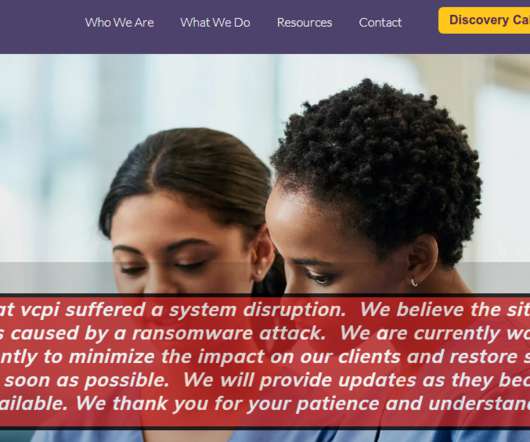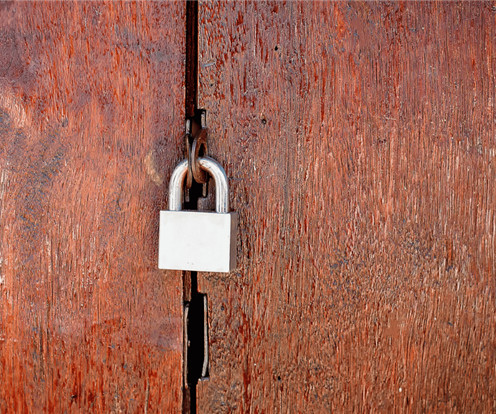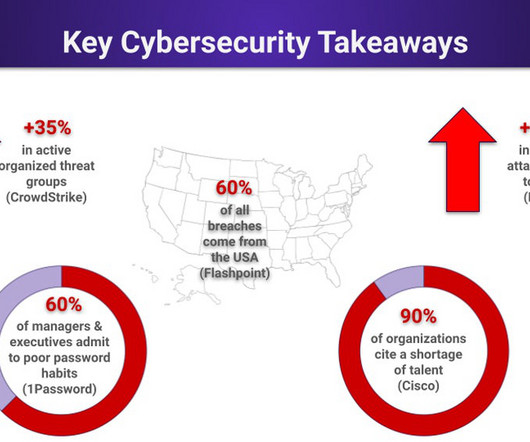BEST PRACTICES – 9 must-do security protocols companies must embrace to stem remote work risks
The Last Watchdog
MARCH 6, 2021
If somehow passwords are leaked, a hacker can cause a data breach. A two-factor verification helps in protecting from a cybersecurity breach. Many people use a virtual private network (VPN) to bypass geographic restrictions on streaming sites or other location-specific content. Use antivirus software.


















Let's personalize your content